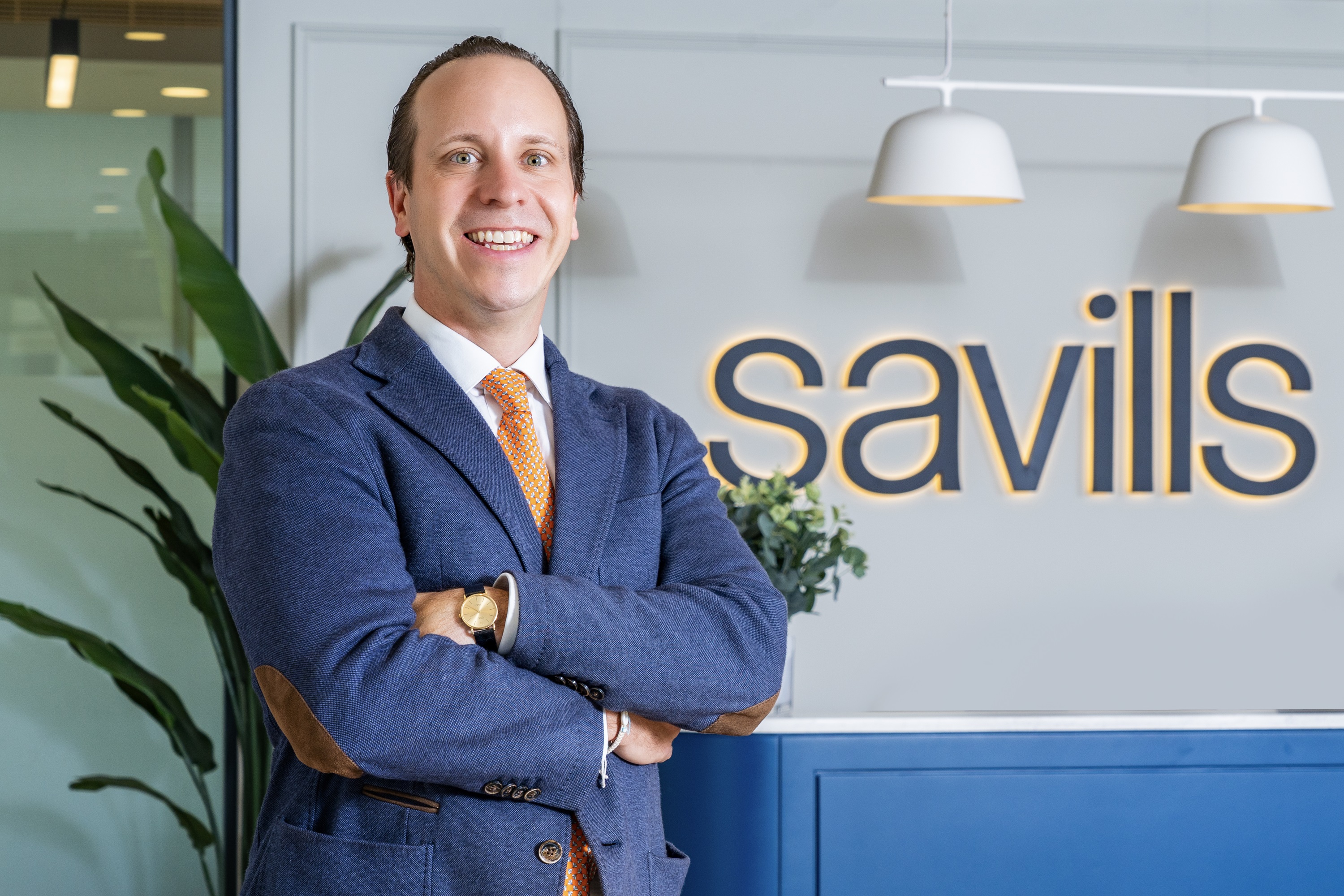Dubai’s office market continues to demonstrate strong fundamentals, with rising demand, increased occupier activity, and a dynamic shift in market behaviour. According to Savills latest Dubai Office Market in Minutes – Q1 2025, the emirate has entered a new phase of growth, characterised by elevated rental price levels, reduced vacancy, and increasing competition for prime commercial space.
Dubai saw average year-on-year office rental price growth of 45% across 22 sub-markets in Q1 2025. Key business districts such as DIFC, Business Bay, Downtown Dubai, and TECOM are performing particularly well, with occupancy rates in DIFC reaching 98%. As a result, well-located, Grade A spaces are increasingly sought after by both regional and international occupiers.
In parallel, Dubai recorded a 4.9% rise in net effective occupier costs in Q1 2025, as outlined in Savills global cost benchmarking report. This metric captures the total cost to occupiers, including base rent, fit out expenses, and other related costs, offering a more comprehensive view of overall leasing expenditure. The increase places Dubai among the most active and competitive prime office markets globally. The city now ranks 8th globally for total prime office occupancy costs, averaging USD 148.90 per sq ft per annum, a reflection of the emirate’s continued appeal as a gateway hub for the Middle East, Africa, and South Asia.
“This growth reflects confidence in Dubai’s long-term positioning,” said Toby Hall, Head of Commercial Agency at Savills Middle East. “Companies are looking at Dubai not just as a regional base, but as a global node for innovation, finance, and enterprise. The rise in rents and costs mirrors the demand for quality and the limited availability of premium space.”
Demand continues to be driven by core sectors such as financial services, consulting, and technology & media, which accounted for more than half of Savills transactions in Q1. Smaller, agile companies are also increasingly active, particularly in sub-markets offering value and accessibility, including Dubai South and Expo City.
The Dubai Chamber of Commerce welcomed 70,500 new companies in 2024, marking a 4.6% increase year-on-year and further signalling growing confidence in the business environment. As new entrants look for flexible, well-connected, and high-specification workplaces, many are turning to serviced office operators, who continue to expand into community-centric and mixed-use locations.
While supply of Grade A stock remains tight in established districts, landlords are responding proactively, offering more tailored leasing terms, enhanced amenities, and refurbishment strategies to meet evolving occupier expectations. Some strata landlords in Business Bay, for instance, are now quoting rents comparable to DIFC, underscoring the broader uplift in perceived value across sub-markets.
Lease renewals remain a preferred option for many businesses, particularly outside DIFC, where RERA rental protections provide added stability in a rising cost environment. Occupiers are also reviewing how space is used, prioritising functional layouts, optimisation, and long-term adaptability over expansive floorplates or elaborate fit-outs.
Looking ahead, new office developments are in the pipeline, although most are already seeing significant pre-commitment levels. This indicates continued market confidence and suggests that competition for high-quality space will remain a key theme through 2025.
“Dubai’s office market is evolving, not tightening,” added Hall. “The data shows growing maturity, where rental increases reflect sustained interest, strong business fundamentals, and a shifting view of Dubai as a long-term destination for global enterprise.”

